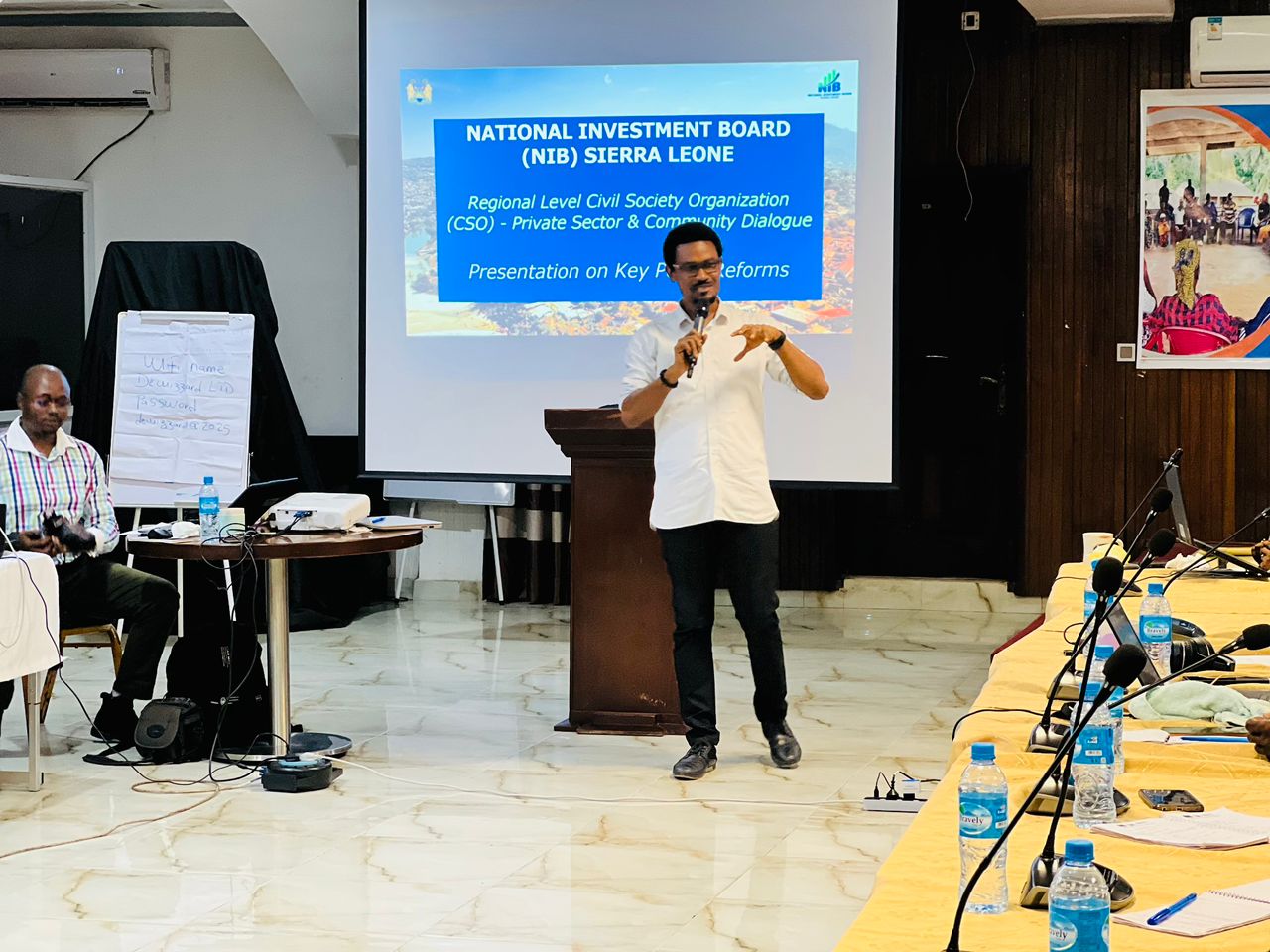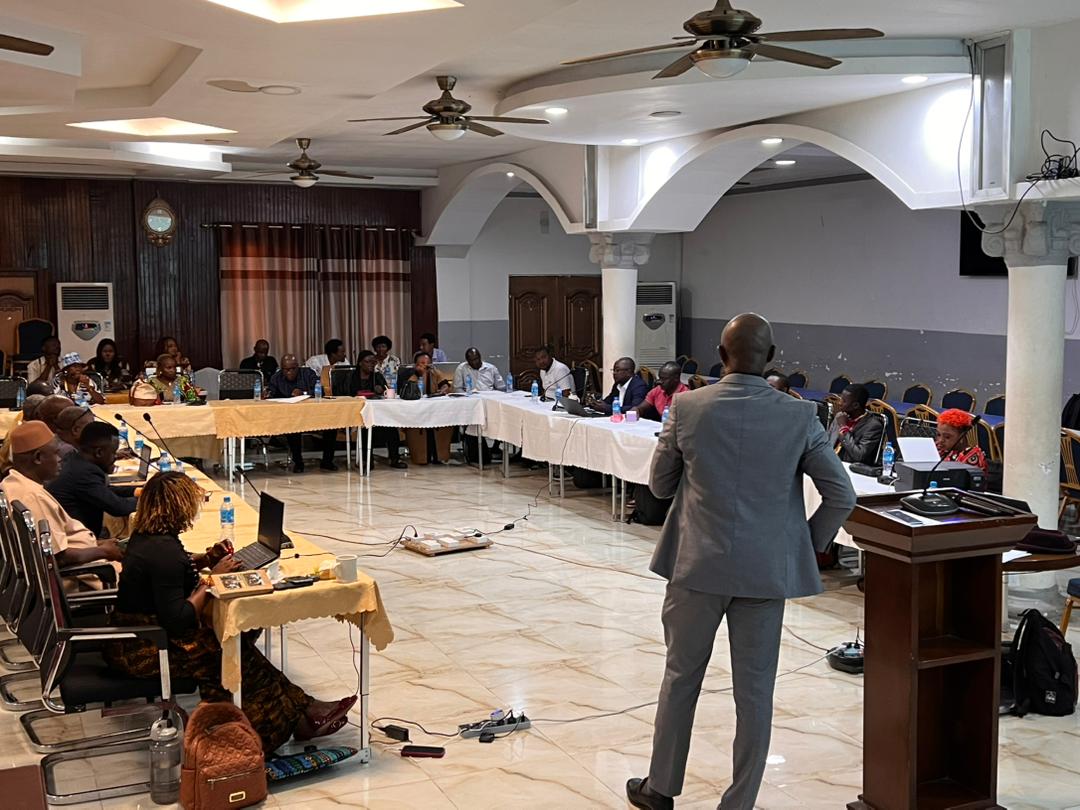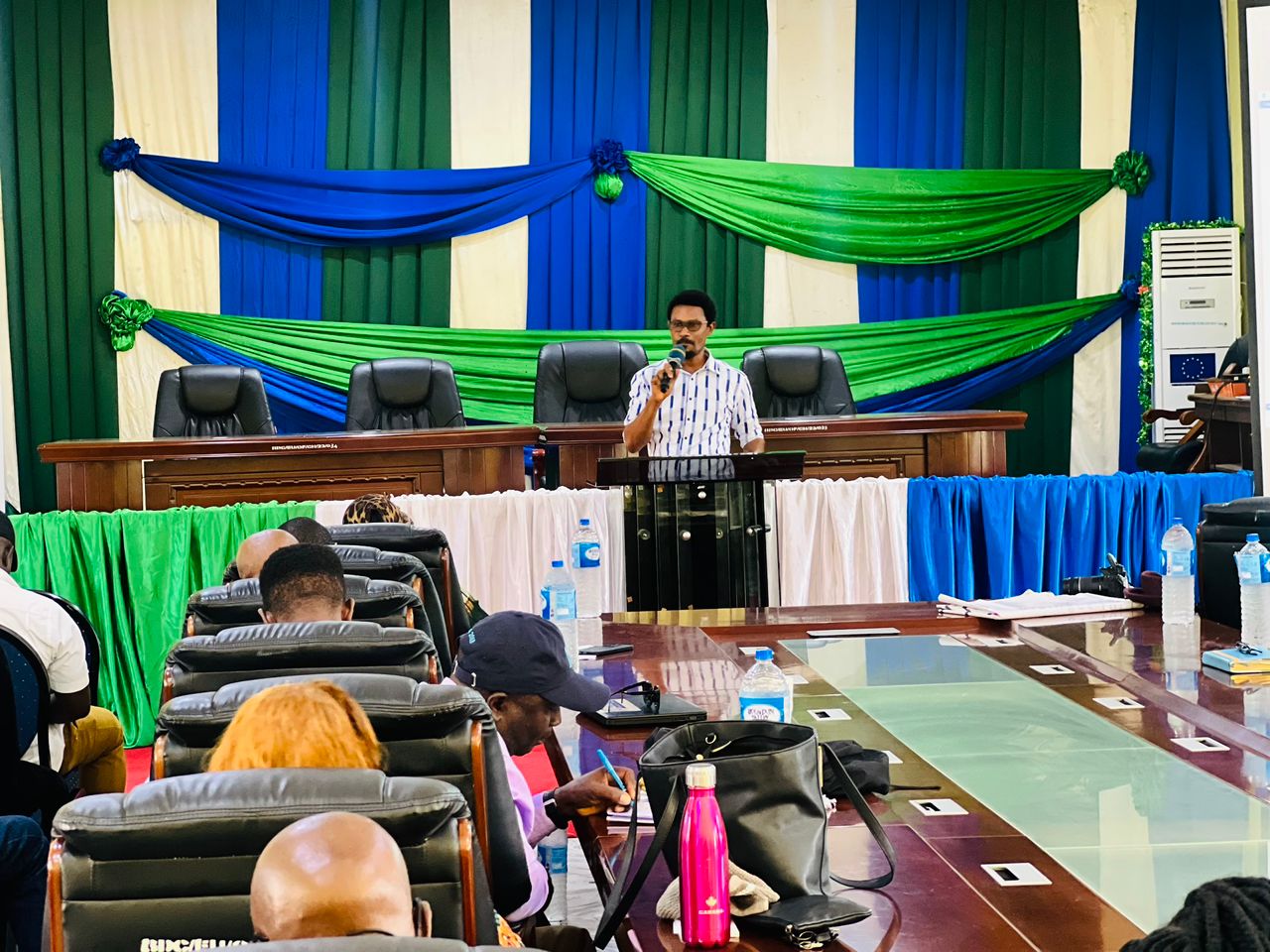Land for Life Sierra Leone (L4L), in collaboration with the National Investment Board (NIB), successfully concluded a series of regional dialogue sessions during the week of October 3rd, 2025. These engagements brought together Civil Society Organizations (CSOs), private sector actors, landowners, and key representatives from government Ministries, Departments, and Agencies (MDAs) in the Southern and North-Eastern regions.
Held in Bo and Makeni, the dialogues aimed to co-develop a CSO–Private Sector–Community Framework that will enhance transparency, accountability, and cooperation in land-based investments across Sierra Leone.
Providing context for the initiative, Jacob Wilson, Communications and MEAL Officer at L4L, explained that the dialogues were informed by insights gathered from earlier consultations in Kono, Tonkolili, and Pujehun Districts. These earlier findings highlighted persistent gaps in trust, communication, and coordination among communities, CSOs, and investors. A preliminary one-day forum held in Freetown in April 2025 further emphasized the urgent need for a structured framework to reduce conflict, ensure equitable investment benefits, and promote sustainable land governance.
Facilitating the sessions, journalist and moderator Umaru Fofana underscored the interconnected interests of all stakeholders. “Government seeks foreign direct investment; communities want jobs and development; investors need profitability; and CSOs advocate for transparency and accountability,” he stated. “Only a framework rooted in fairness and trust can harmonize these interests.”
Victor Bangura, Chief Operations Officer of the NIB, presented key investment climate reforms currently underway, including the establishment of the NIB, the construction of a new international airport, regional port development projects, the creation of a Fast Track Commercial Court, and Sierra Leone’s accession to the New York Convention. He stressed the significance of inclusive dialogues in shaping effective land investment strategies.
Throughout the sessions, participants identified key challenges and proposed solutions that will inform the development of the national framework. The draft framework is set to be validated at a forthcoming session in Freetown, with the long-term goal of institutionalizing it for broader adoption.




